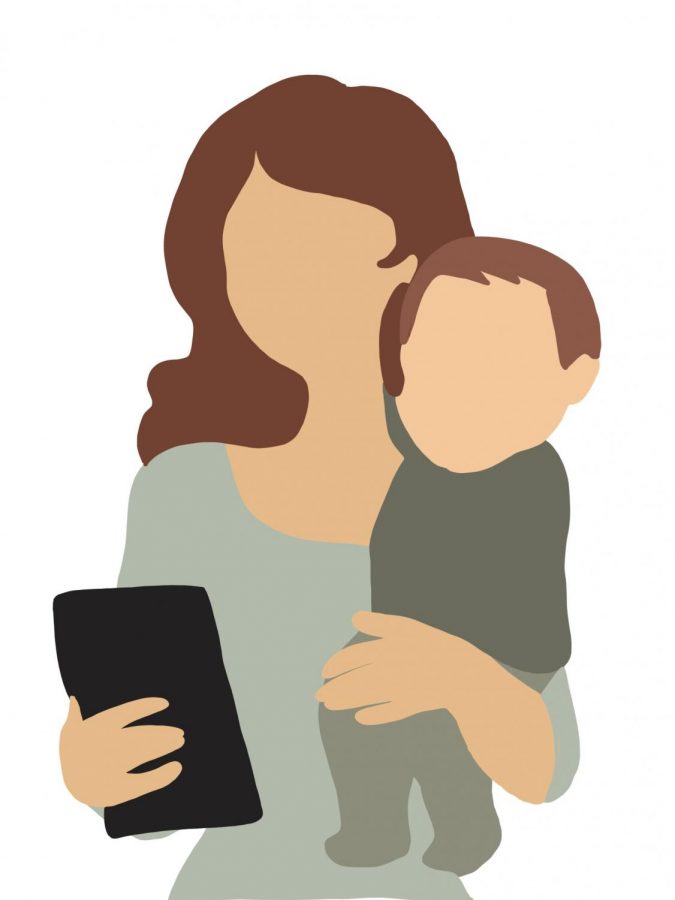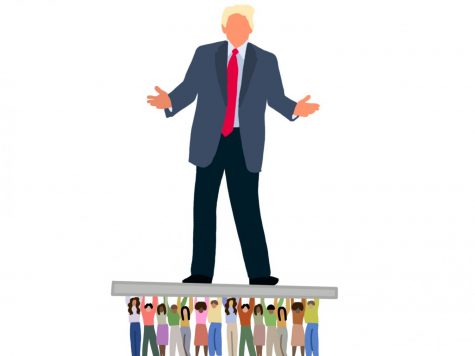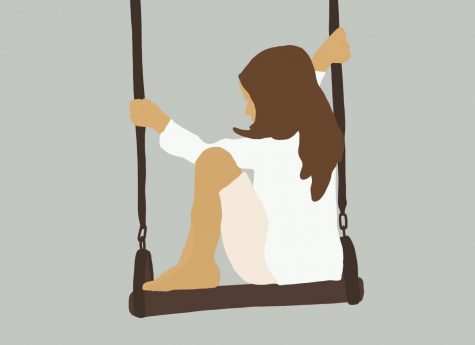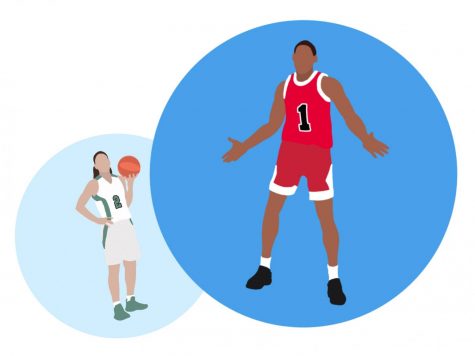COVID-19’s Newest Victim: Gender Equality
I hate men. The COVID-19 pandemic has further proven that this is a deserved statement because of how the divide in domestic tasks has grown even though both partners are home more frequently and have more flexibility with their schedules.
In a Gallup study conducted from June to August of 2019, prior to the pandemic, the surveyors found that women still do almost double the amount of domestic work their male counterparts do in the United States. Worldwide, women are doing around three times as much domestic work as men according to the UN Women’s Progress of the World’s Women 2019-2020 review. While this divide is deplorable, the unpaid labor gap between men and women has shrunk since 1996. Knowing that this gap had begun to close gave me a somewhat positive outlook for the future. Now, with the arrival of COVID-19, the progress towards equality that had been gained is now lost.
UN Women’s Deputy Executive Director Anita Bhatia explained in an op-ed how the last 25 years of work to mitigate gender inequality will be lost. One factor in this troubling trend is the reduction in size of the female-dominated industries of hospitality and care work, increasing female poverty drastically—13 percent of women and girls across the globe are in extreme poverty. Additionally, since many women are stuck at home because of the pandemic, abusers have more opportunities to lash out at their partners. This kind of behavior continues as women’s shelters struggle to remain open to new families because of the pandemic
Activists working to close the gender inequality gap also focus on removing the stark inconsistencies of unpaid domestic labor that are exacerbated by the increase in household work, since children need help with remote schooling, frequent sanitation, grocery shopping, etc. In a BBC article published in November 2020, many anecdotal experiences were shared that showed how heavy a toll the pandemic has taken on females’ mental health. Teni Wada is a brand consultant and part-time nursery worker who said in an interview with BBC: “I reached my limit almost every day, my daughter would be crying and then I’d be crying.” She is not alone in feeling completely overwhelmed by the need to raise her children while also working from home. Mothers also often then turn to their female children to help around the house, perpetuating gender stereotypes simply because girls have been trained from birth on how to get the tasks done. When parents are stressed, they don’t have the patience to teach their male children how to do these tasks as well.
Though women are more stressed than ever, according to a Qualtrics study, 57 percent of men have said their work from home experience has been positive compared to only 29 percent of women. Additionally, 67 percent of men claim to have been more productive during this time compared to only 41 percent of women. Is it because women spend twice the amount of time on household tasks? Is it because in over half of U.S. households the mother is the primary caregiver for children while less than a third of households report that it is an even effort between spouses? According to a study by the Maven Clinic, there are 2.35 million extra cases of female burnout simply because of the unequal demands of women both at home and at work. Women have to work harder to be taken seriously in the workplace and to get the same promotions men do. Mothers are also criticized for using the same parenting tactics that fathers do.
I think the book “I Hate Men” by Pauline Harmange and translated by Natasha Lehrer sums this sentiment up best: “We have to stop praising men for such pathetically trivial things as leaving work early to pick up their kid from school. Do not forget that in exactly the same situation a woman is blamed and criticised, whatever her choice.”
Women are taken for granted time and time again for their unpaid labor in child care and domestic tasks, both of which set them behind in the workplace. That same workplace then shoves women down and promotes men over women, making men the breadwinner of many American relationships. If that man becomes abusive within that relationship, the woman is unable to leave since she is wholly financially dependent on her abuser. Mothers pass these behaviors onto their daughters who, according to a study by the University of Michigan, spend two more hours per week on chores when boys are 15 percent more likely to be paid for doing these same chores. This horrible cycle of female poverty is amplified amid a pandemic while more women lose their jobs or take time off work to care for their children.
This situation promotes male supremacy, which should not be tolerated. A UN Women’s study titled “Whose time to care? Unpaid care and domestic work during COVID-19,” indicates how other countries handled this problem. There were financial remedies such as monthly child payments in Argentina, cash benefits for parents in Canada, Spain and the Republic of Korea, and increased paid leave for parents in Costa Rica, Germany and Italy. Along with additional family leaves and ensuring childcare services will remain open are just a few of the ways that this gender disparity can be reversed for the remainder of quarantine. America can do better for its women.
Your donation will support the student journalists of Saint Louis University. Your contribution will help us cover our annual website hosting costs.










Trevlan MacGregor • Mar 29, 2021 at 11:52 pm
I really resonate so much with what’s here. You put so much to pen and paper here, and the work you do is so great. Men, like myself, are pretty awful people until we realize how much pain we inflict unconsciously. It takes a lot of time and effort to understand what women go through. Even I am still in growth and I do implicitly sexist things without realizing because of the patriarchal ideology that permeates our lives. I, of course, cannot say I’m without my flaws. I frequently do things without realizing how problematic they can be for gender equality without discussing it with my female friends. ROLL BILLS